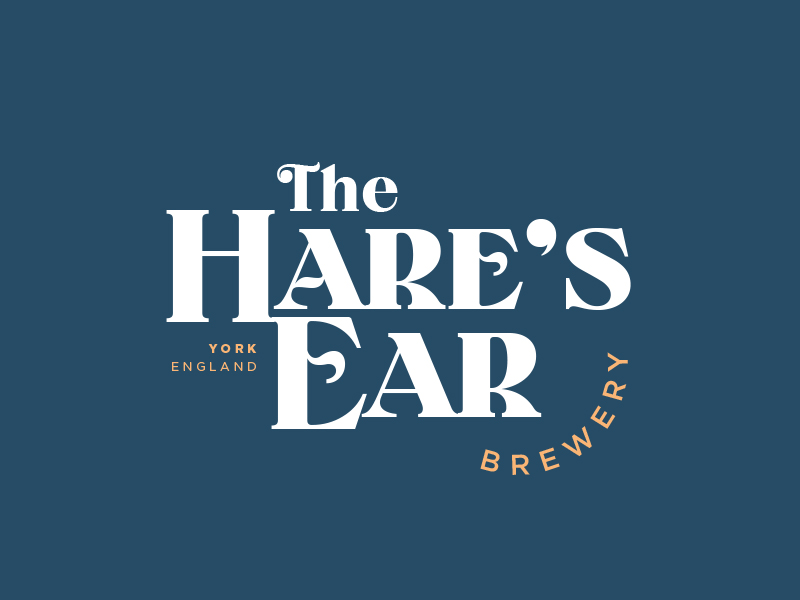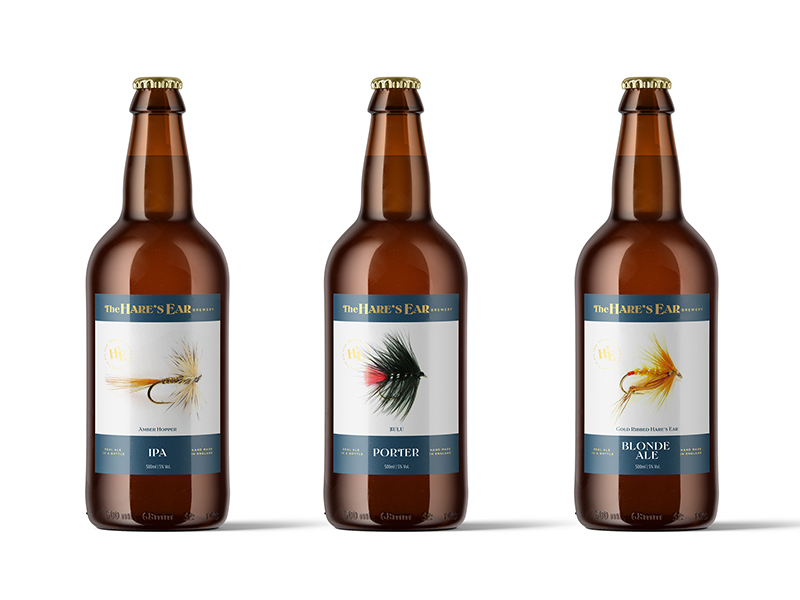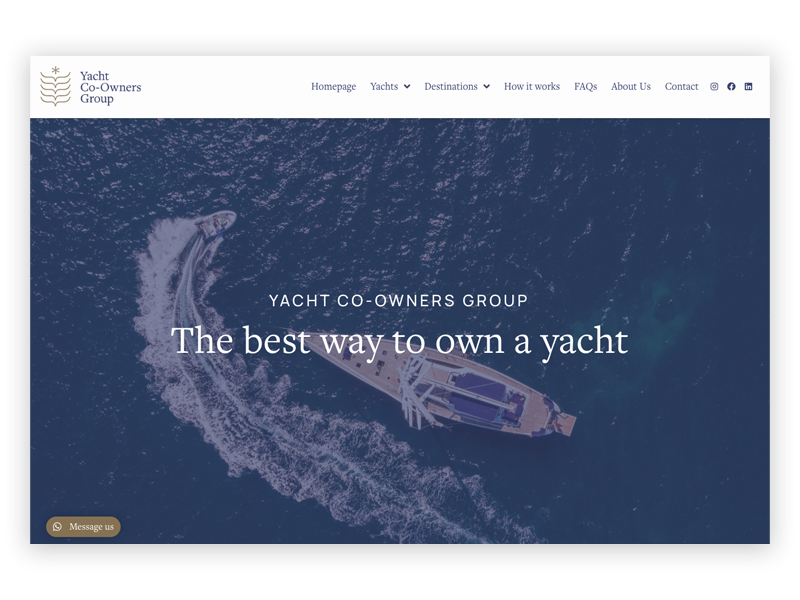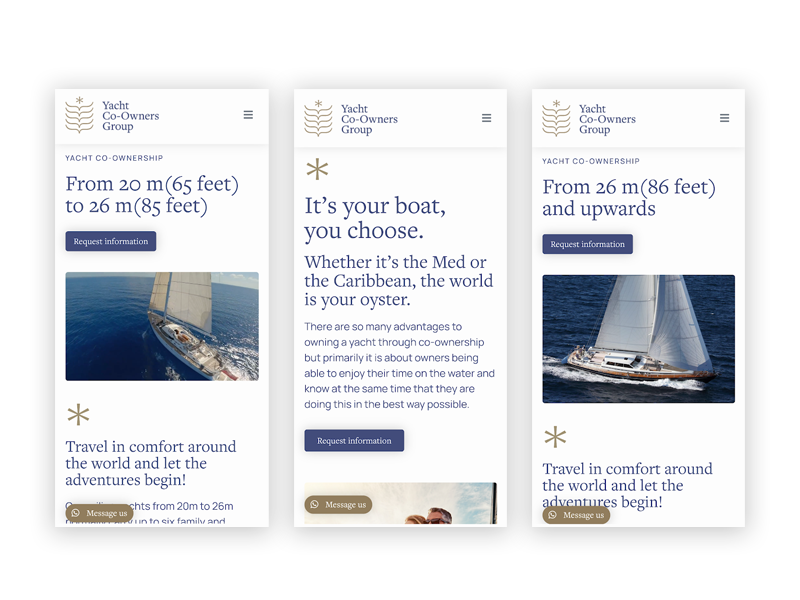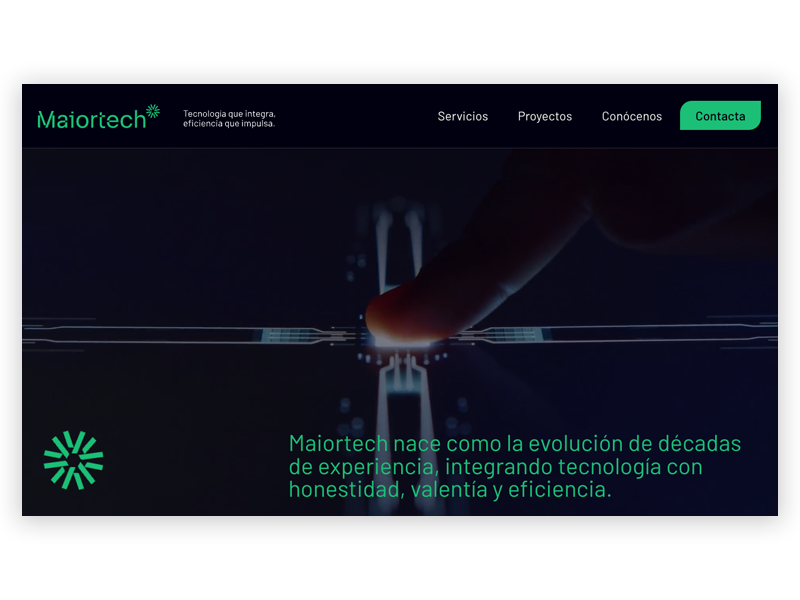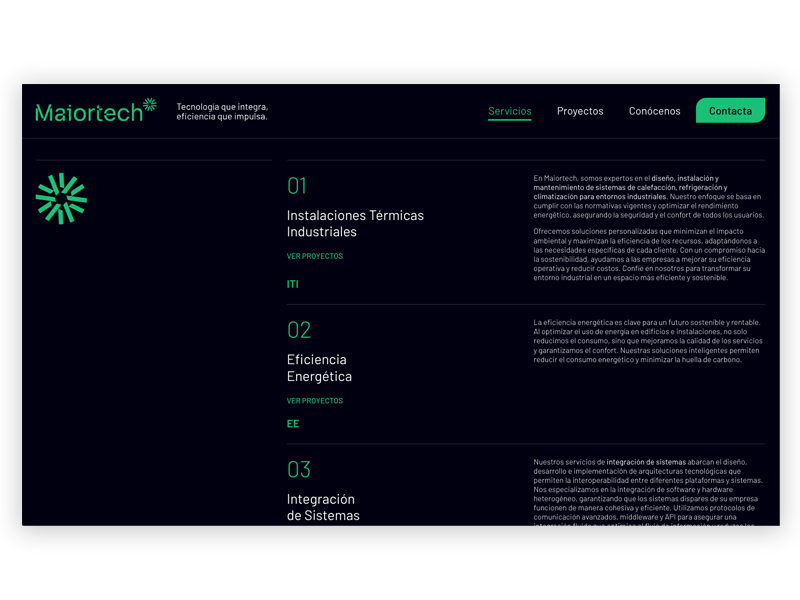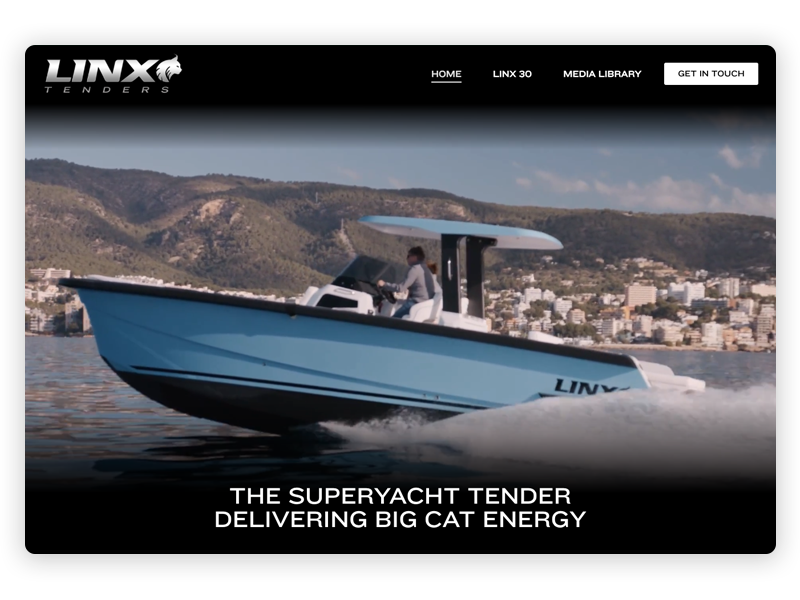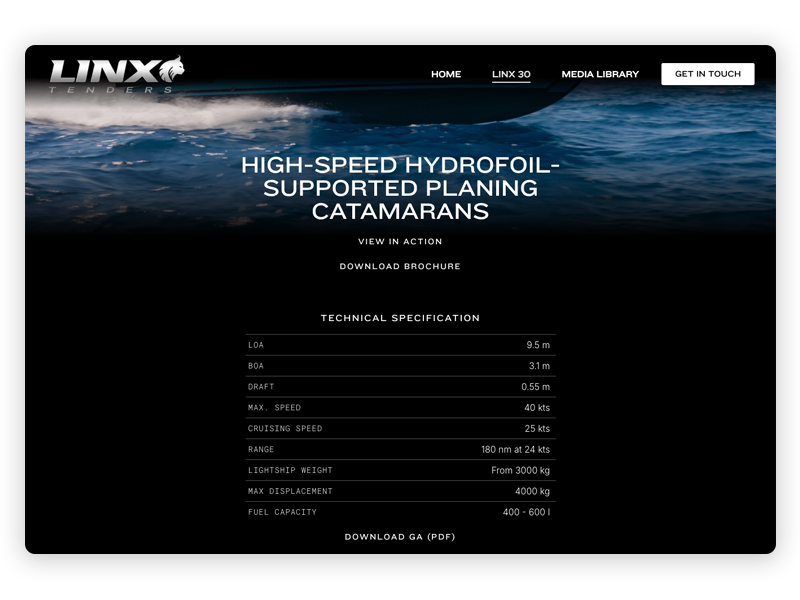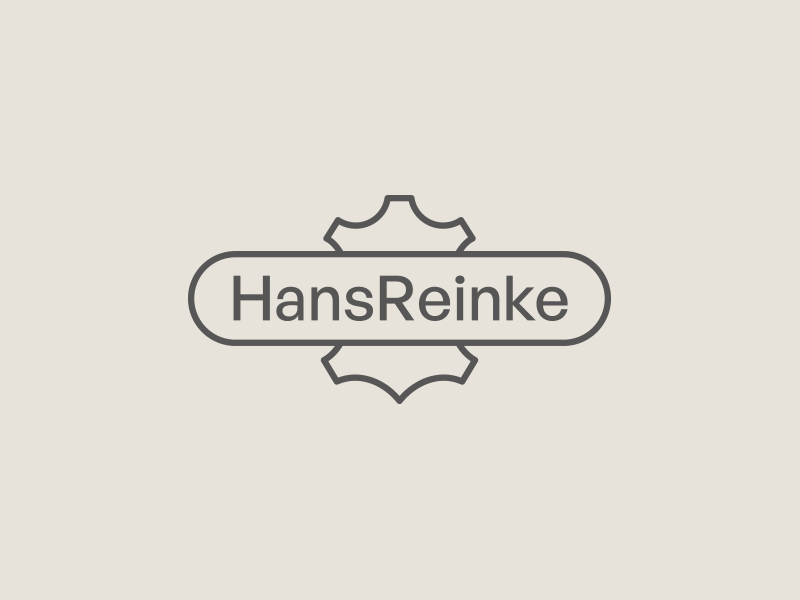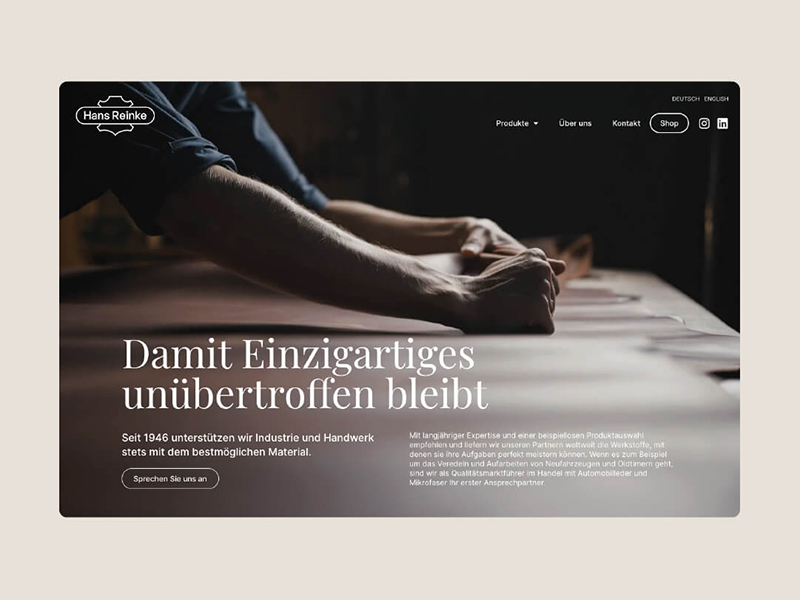WORK
Projects
VISUAL IDENTITYUX/UIWEB DEVELOPMENTAMRC2025
VISUAL IDENTITYUX/UIWEB DEVELOPMENT
AMRC
2025
UX/UIWEB DEVELOPMENTYacht Co-Owners Group2024
UX/UIWEB DEVELOPMENT
Yacht Co-Owners Group
2024
UX/UIWEB DEVELOPMENTMaiortech2024
UX/UIWEB DEVELOPMENT
Maiortech
2024
VISUAL IDENTITYUX/UIWEB DEVELOPMENTInnbox2024
VISUAL IDENTITYUX/UIWEB DEVELOPMENT
Innbox
2024


VISUAL IDENTITYSmartBoat2024
VISUAL IDENTITY
SmartBoat
2024
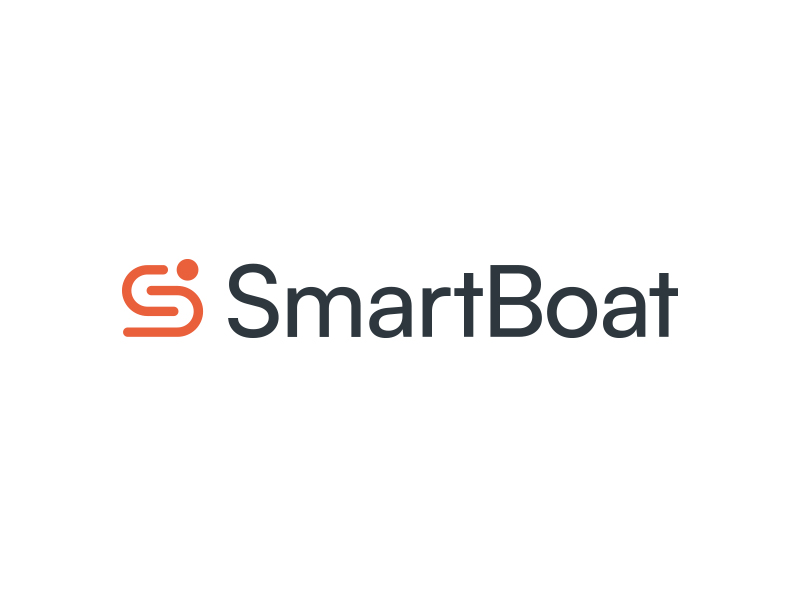
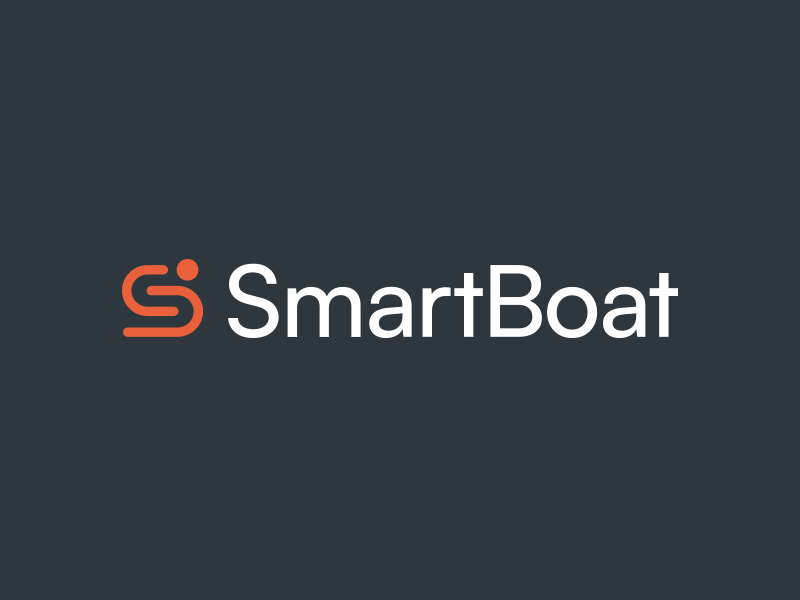
UX/UIWEB DEVELOPMENTLINX Tenders2024
UX/UIWEB DEVELOPMENT
LINX Tenders
2024
BRAND DESIGNUX/UIWEB DEVELOPMENTGomariz2024
BRAND DESIGNUX/UIWEB DEVELOPMENT
Gomariz
2024
BRAND DESIGNUX/UIWEB DEVELOPMENTHans Reinke2023
BRAND DESIGNUX/UIWEB DEVELOPMENT
Hans Reinke
2023
BRAND DESIGNUX/UIWEB DEVELOPMENTSwarm2022
BRAND DESIGNUX/UIWEB DEVELOPMENT
Swarm
2022
VISUAL IDENTITYUX/UIWEB DEVELOPMENTRespond2022
VISUAL IDENTITYUX/UIWEB DEVELOPMENT
Respond
2022

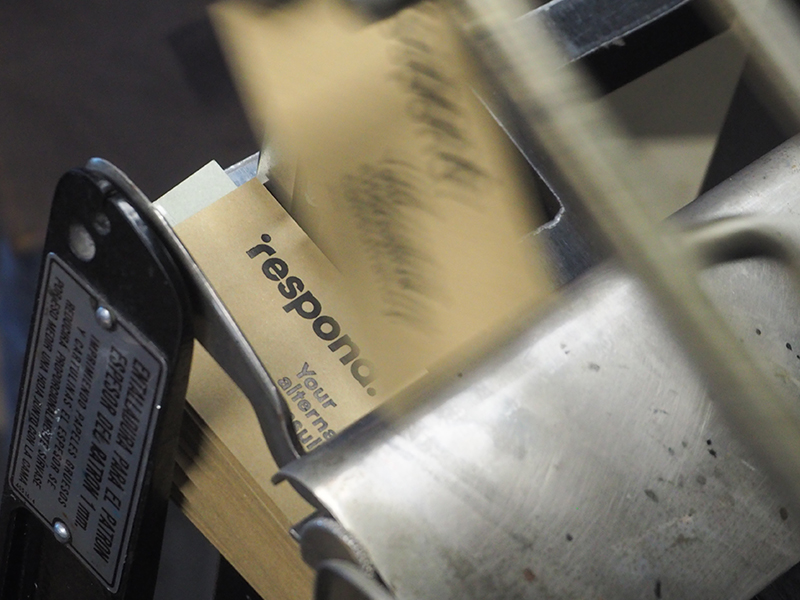
VISUAL IDENTITYUX/UIWEB DEVELOPMENTefid2021
VISUAL IDENTITYUX/UIWEB DEVELOPMENT
efid
2021
BOOK LAYOUTDESIGNInforme Mar Balear2020
BOOK LAYOUTDESIGN
Informe Mar Balear
2020
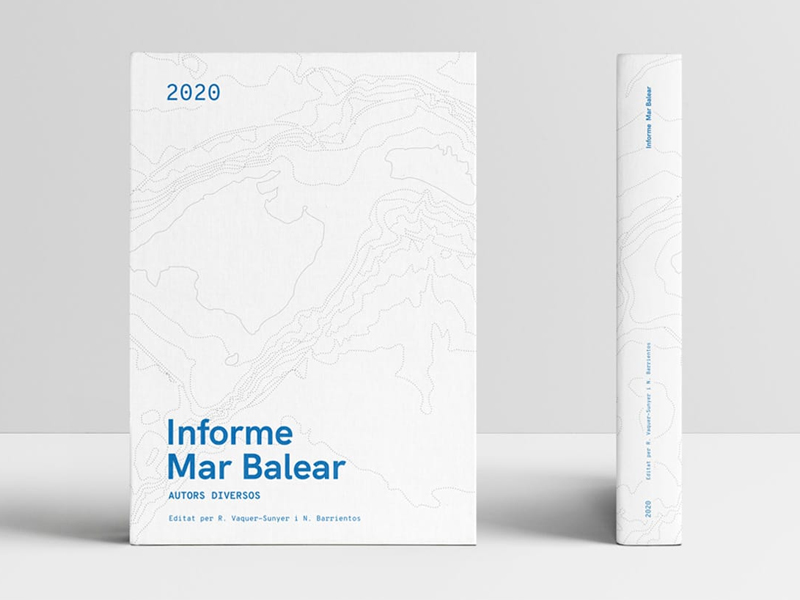
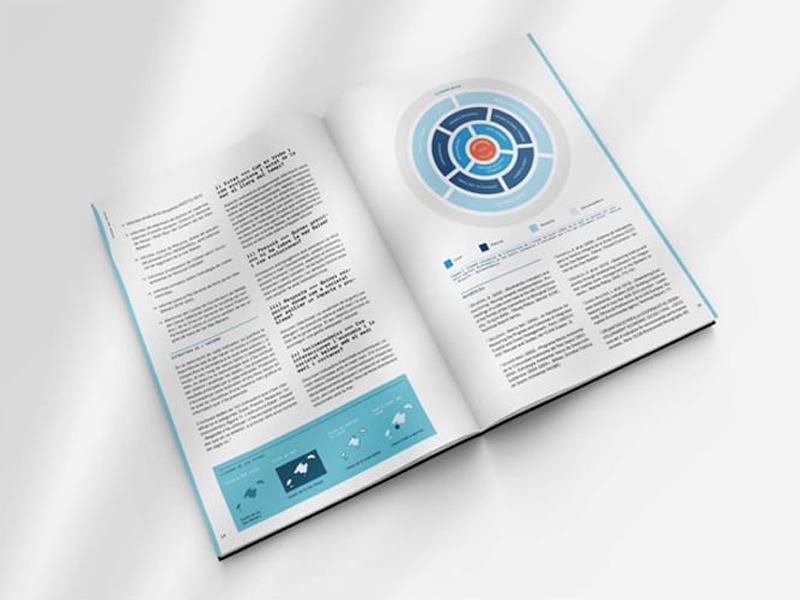
VISUAL IDENTITYPACKAGINGThe Hare's Ear2020
VISUAL IDENTITYPACKAGING
The Hare's Ear
2020
